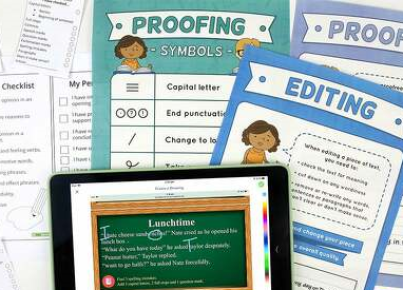Recount writing, an essential skill for all writers, is the art of narrating events in a logical and engaging manner. This style of writing is used for various purposes, such as reflecting on personal experiences, describing historical events, or reporting news stories. To master recount writing in just one week, follow these simple but effective step
### Day 1: Understand the Basics of Recount Writing
Before you start practicing this technique, take time to understand the basics. Research the definition, purpose, and characteristics of recount writing. Comprehend its different formats like personal recounts, factual recounts, and imaginative recounts.
### Day 2: Study Examples of Recount Texts
Examine examples of recount texts to familiarize yourself with their structure and content. Analyze various articles, blog posts, or memoirs that employ recount writing to reveal how authors have constructed their narratives effectively.
### Day 3: Plan Your Recount
Choose an event or experience you would like to write about. Create an outline that organizes your thoughts coherently and includes essential details such as the setting, characters involved, significant incidents during the event, and your reflections on the experience.
### Day 4: Write Your First Draft
Using your outline as a guide, start writing your first draft. Aim to include key elements like time markers for clarity (e.g., “On Monday,” “The following day”), descriptive language for imagery, and engaging sentence structures that make your narrative compelling.
### Day 5: Revise and Edit Your Draft
Read through your draft and revise any areas that require improvement. Pay close attention to grammar and punctuation, remove repetitions or redundancies, check the flow and chronology of the narrative, and ensure that all essential information is included effectively.
### Day 6: Seek Feedback from Others
Share your revised draft with a friend or relative. Request feedback regarding the clarity, structure, and overall content of your recount. Use their constructive criticism to further refine your writing.
### Day 7: Fine-Tune and Finalize Your Recount
Incorporate the feedback you received to finesse your recount. Proofread it one last time, check for any errors or inconsistencies, and make necessary adjustments. Once satisfied with the final version, consider submitting your work to a relevant platform like a blog, school magazine, or writing competition.
#### In Conclusion
By dedicating just one week to focusing on recount writing techniques and practicing diligently, you can significantly improve your skills. Through understanding the basics, studying examples, careful planning, drafting, revising, receiving feedback, and finalizing your work, you’ll be well on your way to mastering recount writing in no time!




